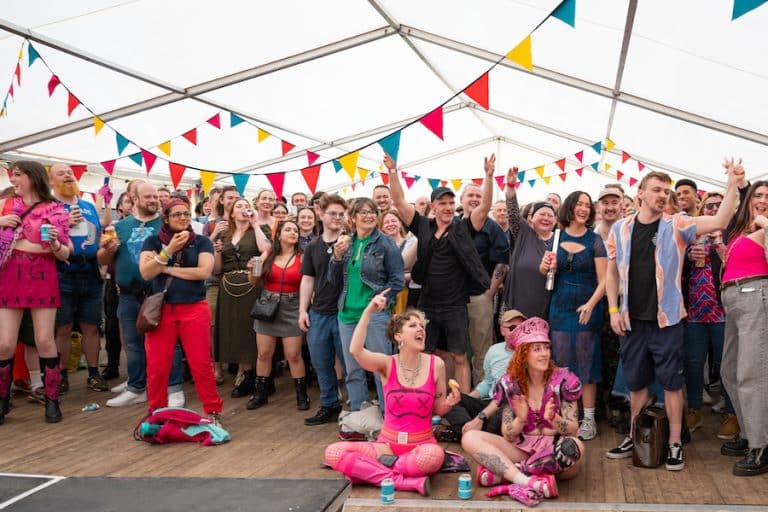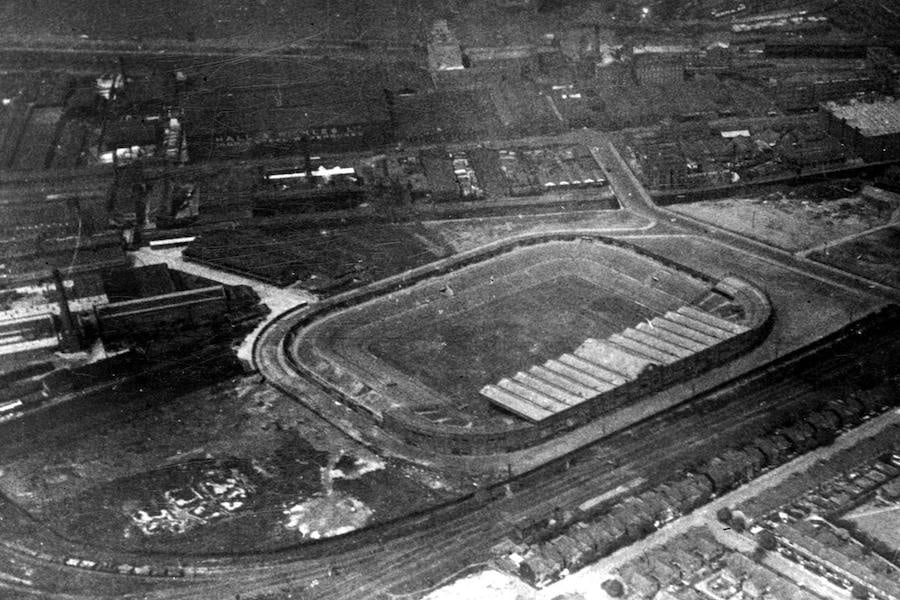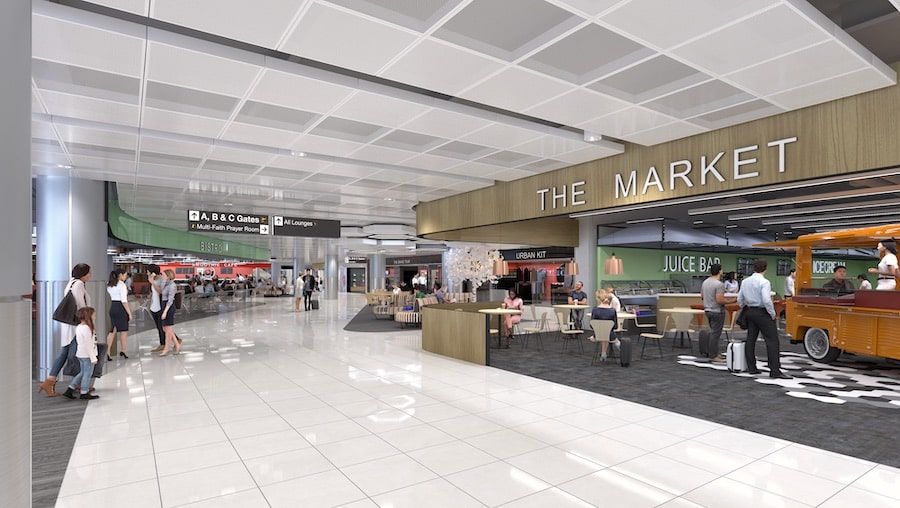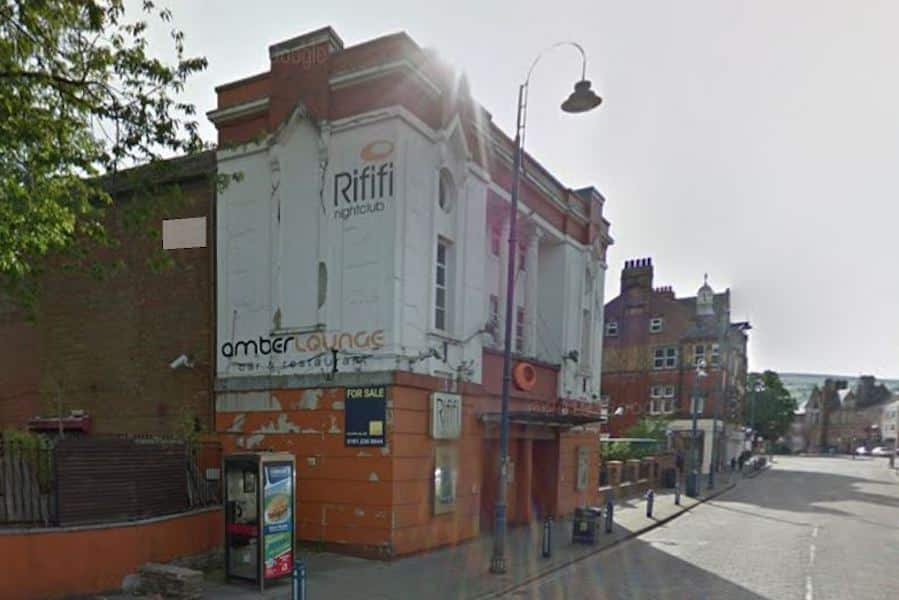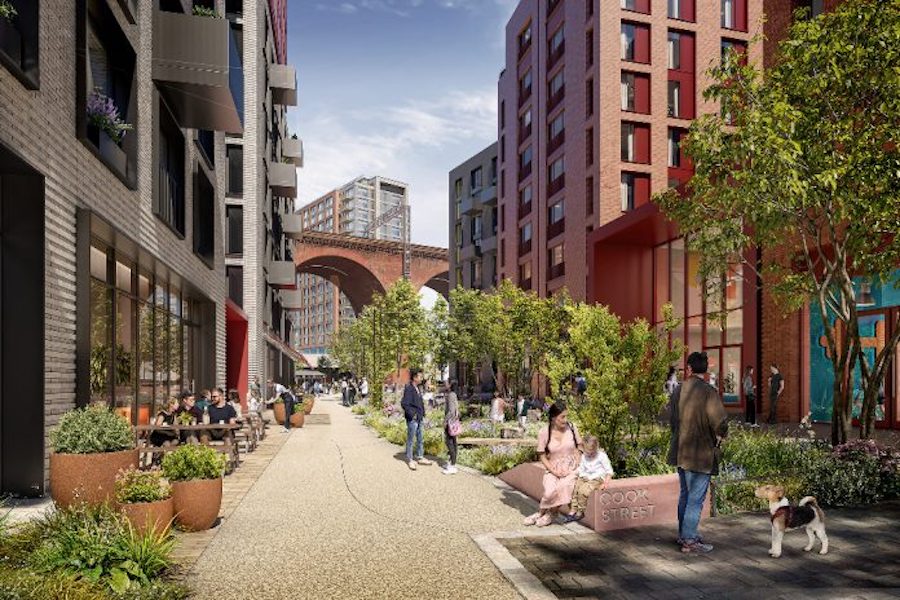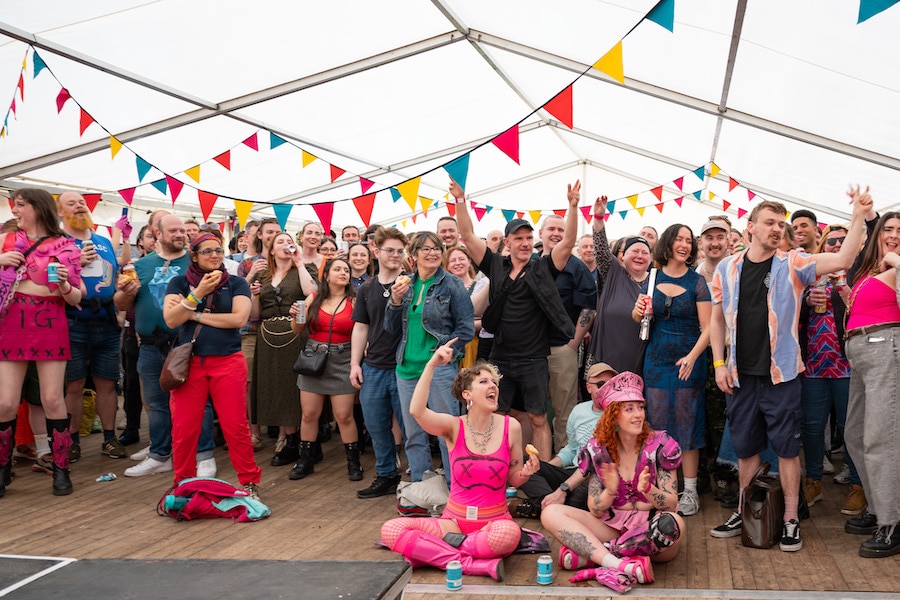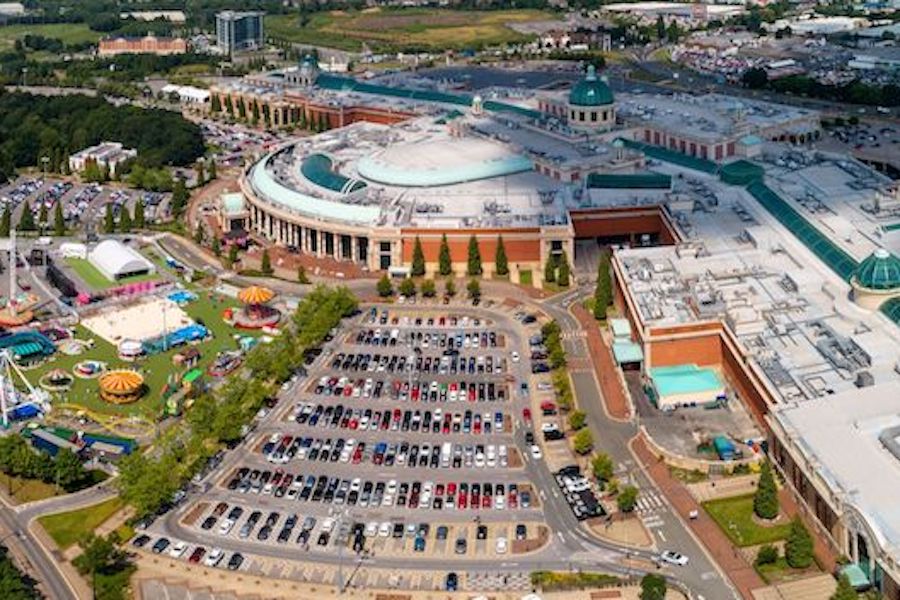Just because a building is old doesn’t make it worth saving
- Written by Ray King
- Last updated 8 years ago
- Business, Property & Planning, Uncategorized
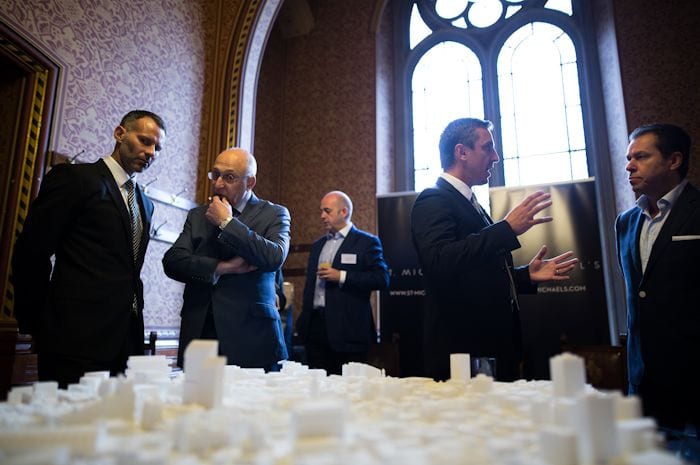
Back in the days when a journalist’s lunch was almost exclusively liquid, the Sir Ralph Abercromby in Bootle Street was the go-to office pub. Not surprisingly, given its position next door to the police headquarters and its close proximity to the town hall in Albert Square, pre-Leveson it was the place where stories emerged over a pint or three.
Now the cops and journalists have gone, the ‘Abers’ of fond memory is a bit of a neglected backstreet boozer. An online petition to save it has attracted 3,000 signatures. But how many of these people can be seen holding up the bar?
So would I be sorry to see it go just because in 1819 some of the wounded from the Peterloo massacre were treated there? Not really.
The pub and the 1937 neo-classical former police HQ are the rallying points for opponents of the high rise Gary that will obliterate both beneath two huge bronze-clad towers, a hotel and plaza complex.
Unusually, the consortium behind the £200m scheme is not faceless. It includes former United players Gary Neville and Ryan Giggs.
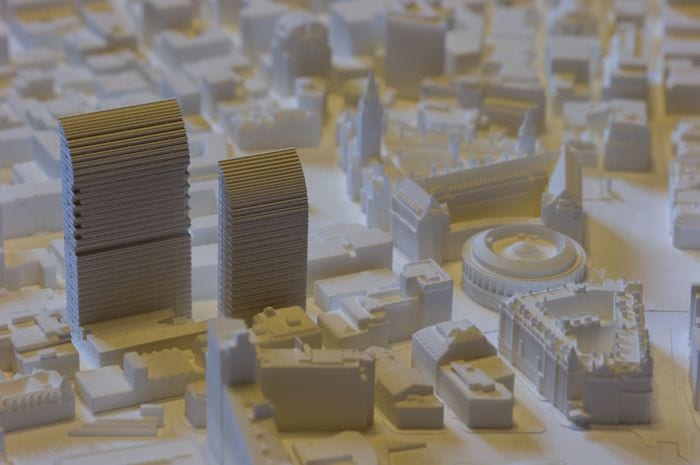
The latest complaints about the development have been raised by Historic England, the government’s heritage watchdog. It has expressed ‘deep concern’ that the size and colour of the 31 and 21-storey towers would dominate the Deansgate-Peter Street conservation area and dwarf the nationally important town hall and Central Library.
Last summer, Neville promised that the jobs of the pub’s nine staff and the landlord would be protected, saying: “We understand, particularly myself and Ryan, living in the city, the community interest in relation to the pub. We are citizens of Manchester and we do not take away people’s employment, it is as simple as that. We are going to create 1,300 jobs on this site.” I think that was rather generous.
While one might argue over the merits of the design, nostalgia has never, nor should it ever, stand in the way of progress. For, let’s face it, conservation and heritage are relatively new concepts.
For instance, it was only the fact that the city was broke in the aftermath of World War II that prevented the implementation of a 1945 plan which advocated the demolition of the town hall. As late as the 1960s, 19th century architecture was very unfashionable.
The Victorians, whose legacy – in terms of the built environment anyway – we now seem so desperate to preserve, had no qualms about flattening virtually everything that pre-dated their own era.
Very few scraps of Georgian Manchester remain aside from St Ann’s Church and terraces in St John Street.
Mind you, the Georgians were no better, obliterating practically all that went before them – our mediaeval heritage if you like – apart from the Cathedral and Chetham’s Library. Do the Shambles still count?
I believe that the new can actually compliment the old. Take a walk down New Cathedral Street from the Shambles. From Harvey Nicks there’s a striking view of St Ann’s Church with the Beetham Tower looming large behind it, almost underlining the charm of the early 18th Century building.
Go to New York and see how St Patrick’s Cathedral is surrounded by glass towers. Do they detract from the gothic splendour of the church? No, they actually enhance it. In the glass-lined canyon of 5th Avenue, St Patrick’s, which doesn’t begin to compare with the minsters at York or Lincoln or Salisbury, becomes a thing of wonder.
Despite the complaints of some, Manchester has in recent years been very innovative in finding new uses for its redundant textile warehouses. Some, like Joshua Hoyle and Watts, have been converted into hotels, others into apartments. Back in the 1960s they would probably have been levelled.
But even in the enlightened 21st century, just because a building is old doesn’t make it worth saving. Not with £200m and more than a thousand jobs at stake.
To be fair, Historic England’s planning director for the north west, Catherine Dewar, said that a dynamic city like Manchester needs to “fully embrace development”. It was the particular proposals of the St Michael’s scheme that were objectionable and not good enough to justify the ‘damage’ it would cause to the streets around the site.
When all is said and done, that is just a matter of opinion.
- This article was last updated 8 years ago.
- It was first published on 20 February 2017 and is subject to be updated from time to time. Please refresh or return to see the latest version.
Did we miss something? Let us know: [email protected]
Want to be the first to receive all the latest news stories, what’s on and events from the heart of Manchester? Sign up here.
Manchester is a successful city, but many people suffer. I Love Manchester helps raise awareness and funds to help improve the lives and prospects of people across Greater Manchester – and we can’t do it without your help. So please support us with what you can so we can continue to spread the love. Thank you in advance!
An email you’ll love. Subscribe to our newsletter to get the latest news stories delivered direct to your inbox.
Got a story worth sharing?
What’s the story? We are all ears when it comes to positive news and inspiring stories. You can send story ideas to [email protected]
While we can’t guarantee to publish everything, we will always consider any enquiry or idea that promotes:
- Independent new openings
- Human interest
- Not-for-profit organisations
- Community Interest Companies (CiCs) and projects
- Charities and charitable initiatives
- Affordability and offers saving people over 20%
For anything else, don’t hesitate to get in touch with us about advertorials (from £350+VAT) and advertising opportunities: [email protected]

Here’s how the incredible revamp of Manchester Airport Terminal 2 will look when finished
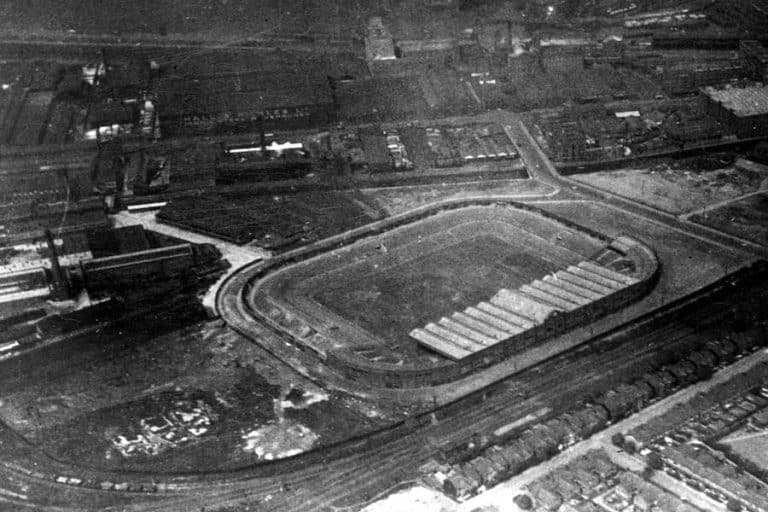
The Greater Manchester town centre going through a reboot – but will it succeed?
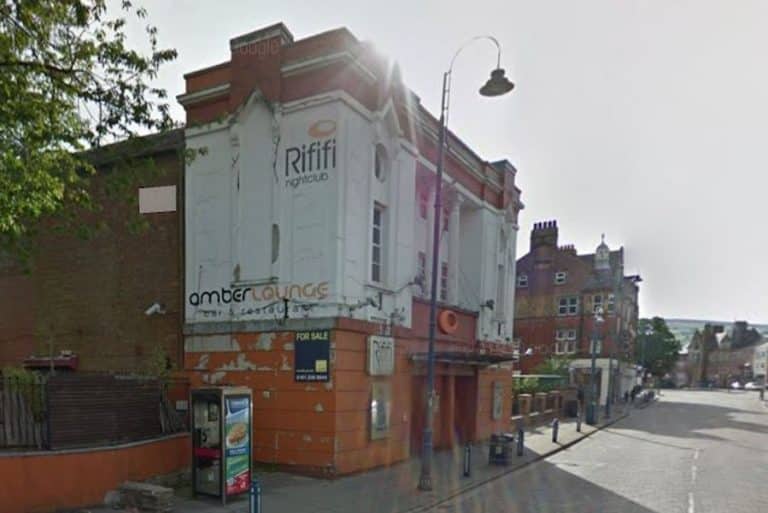
Old nightclub at the heart of ‘Staly Vegas’ could be transformed into new food hall
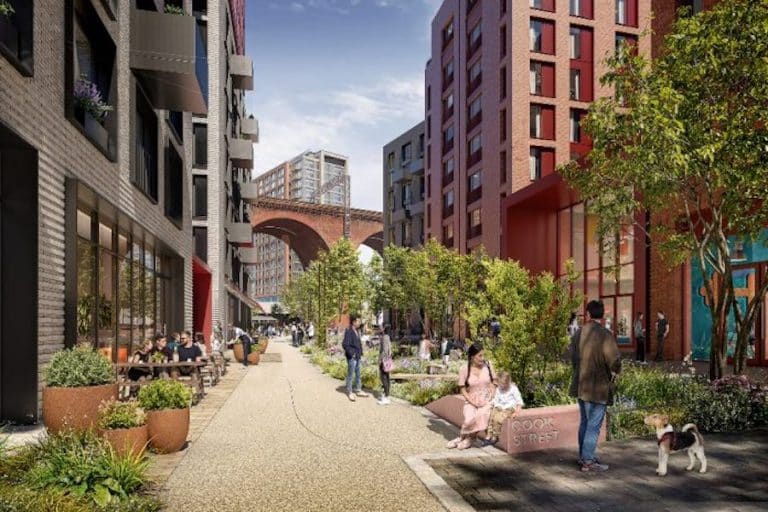

The best pizza in Manchester and where to get a slice of the action
